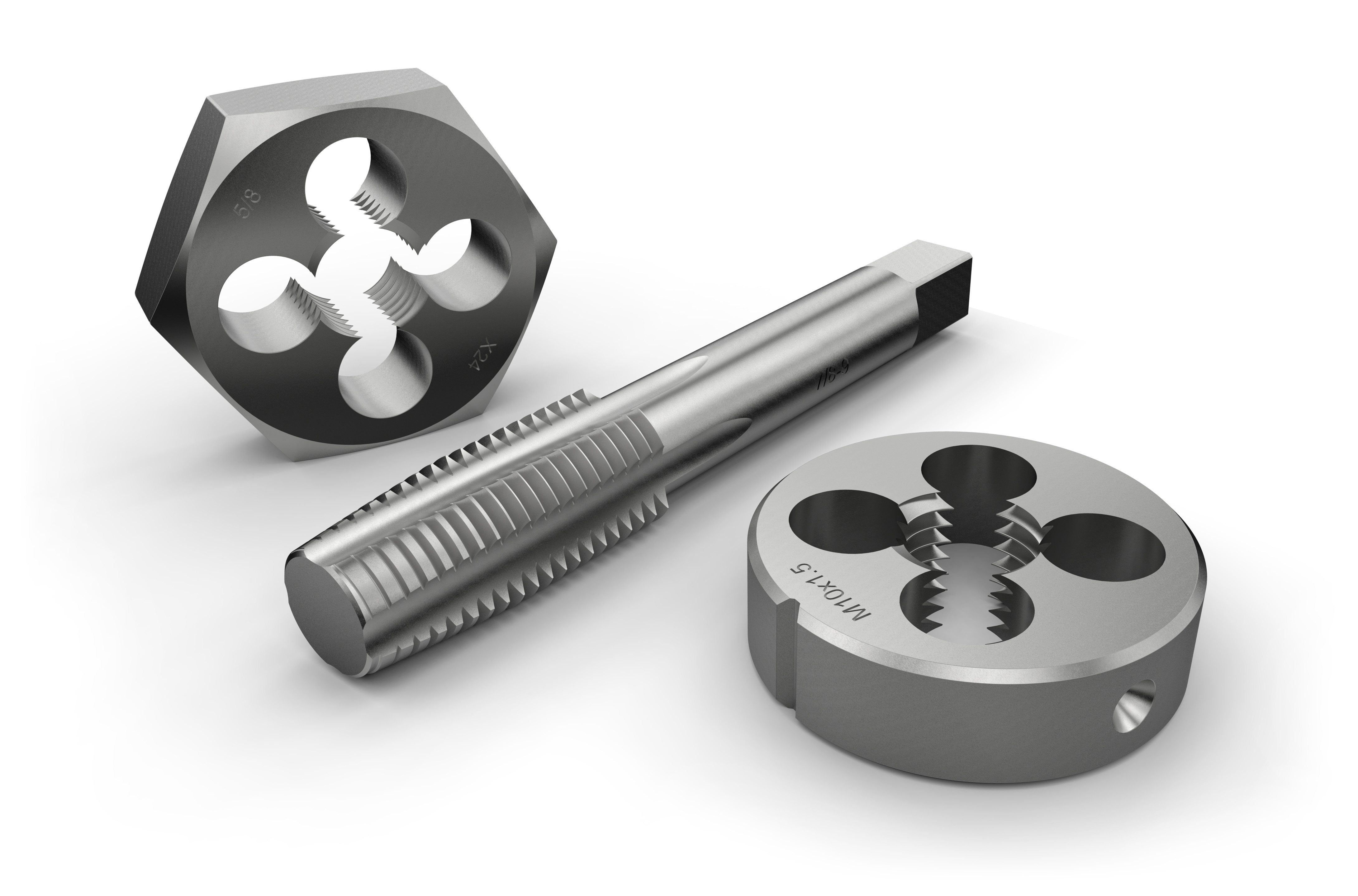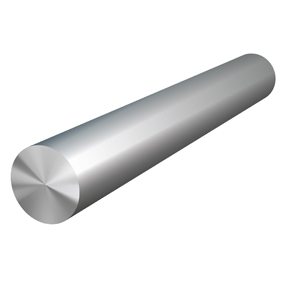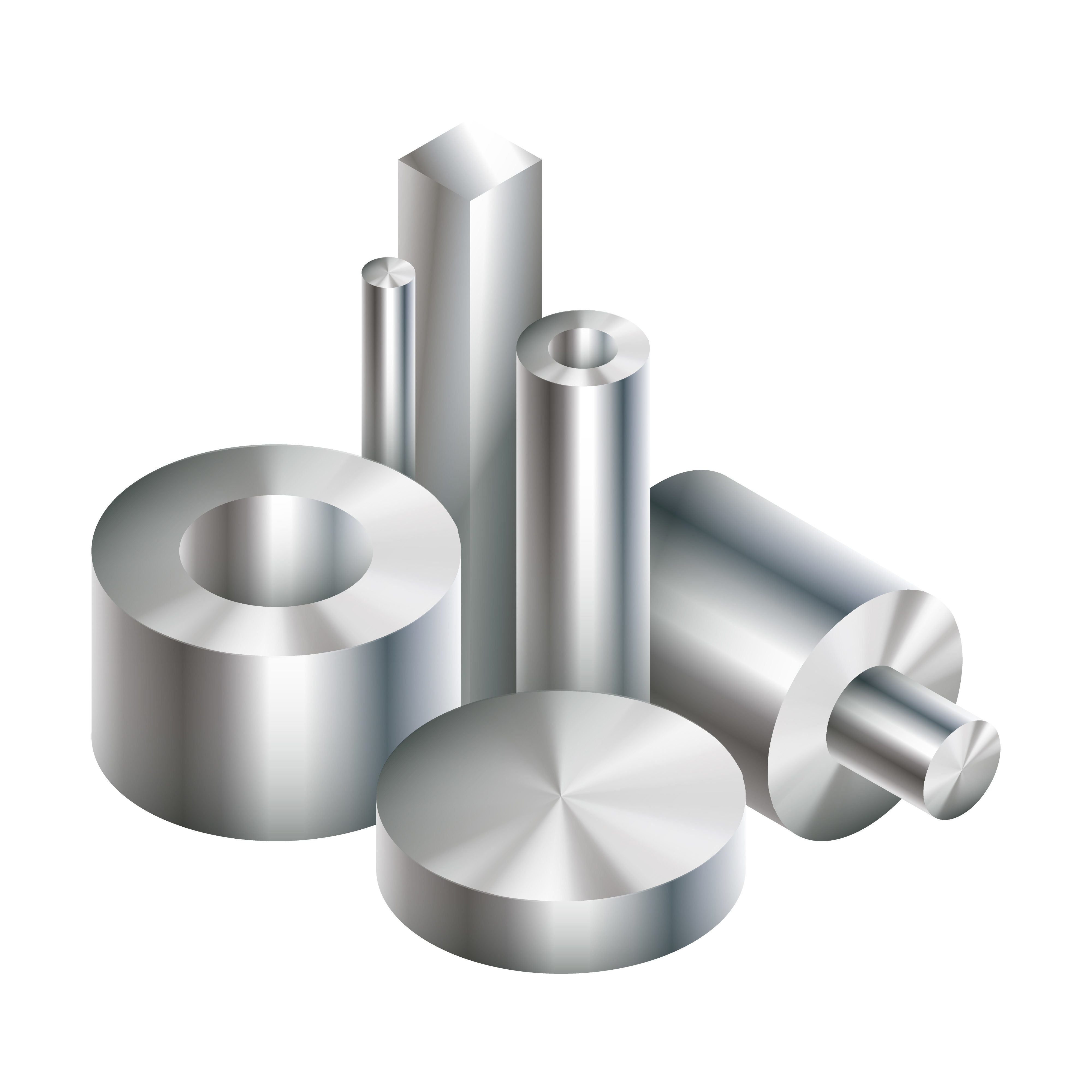Hot sale reasonable price Tool Steel for Johor Importers
Short Description:
Hot sale reasonable price Tool Steel for Johor Importers Detail:
Product detail pictures:

Hot sale reasonable price Tool Steel for Johor Importers, The product will supply to all over the world, such as: , , ,
Italian Company specialized in Hot Forging & Machining of Brass and Aluminum Components
Learn more at: https://gvsnorthamerica.com
https://www.smithy.com (see transcription of video below)
Learn about the basics of metal lathe operations using our Smithy Granite combo lathe/mill/drill machines. You can visit us at www.smithy.com for more information or send us any questions about your project. Our trained technicians will be glad to help you with your project.
“The most widely used cutting tools on a vertical milling machine are the end mills. These mills have cutting edges on the sides and bottom. They are primarily used to make narrow facing cuts or to mill slots and pockets. You can also use the cutting edges on the periphery of the tool to do light planing cuts. Today, end mills are made in a wide range of sizes and styles. And, like lathe cutting tools, they are also made from many different types of materials. Small end mills are usually made from a solid piece of cutting material, in this case, high speed steel. For general machining, these tools are ground with two, three, or four cutting edges. For high-precision cuts with a fine finish, tools with six or more cutting edges are available. Other special purpose end mills, like ball end mills, dovetail cutters, corner-rounding cutters, t-slot cutters and keyway cutters are available for cutting specific shapes. Here we are looking at a face milling cutter. This tool has a two-inch cutting diameter and uses three replaceable carbide inserts, similar to the ones we used on the lather. Fly cutters use a single point cutting tool to plane flat surfaces. The tool bit is mounted in a groove on the cutter’s head. As the spindle turns, the point of the tool cuts a circular pattern on the work piece, producing a flat surface. Fly cutters are able to take fairly wide, light cuts, which can produce an excellent finish.
The tool that is most often used to cut a narrow slot is a slitting saw. These saws come in a number of widths, diameters, and tooth sizes. The teeth on these tools are very fine, compared to other milling cutters, so the cutting speed should be slow.
Hole milling operations are another important job that can be done on the Smithy. The most commonly used tool for this work is of course a drill, but after the hole is drilled, other tools can be used to modify or finish the hole. A good example would be countersinks and counter bores.
Reaming is another important hole-milling operation. Reamers are multi-cutting-edge tools, used to enlarge a hole to exact size and fine finish. In practice, you start by drilling a hole slightly smaller than the finished hole size, and follow with a reamer of the exact hole size. If you don’t have a reamer in the size you need, a boring operation can be used. Here we are using a precision boring head and a carbide cutting tool. With a rigid setup and an even feed, this type of tool can machine very accurate holes from one-half inch up to four inches.
Tapping screw threads on a drill press requires a use of a specially designed tapping head and machine taps. Hand taps should never be used on a drill press under power, but you can use it to help start the threads and assist in alignment.
In order for the machine to work efficiently, the cutting tools must be sharp and must be held securely in the milling spindle. Today we have been holding our end mills with a precision end mill adapter. This type of tool holder is held in the spindle with a draw bar. The end mills are locked in place with a set screw that tightens down against the driving flat on the mill’s shank. Larger end mills and other tools that have a straight shank can be held in the spindle with a spring collet and draw bar. Spring collets have a strong precise grip that can hold a tool perfectly centered in the milling spindle. Drill chucks are only used to hold drills or other cutting tools in a plunge cut. Do no use a drill chuck to hold end mills. These chucks are not designed to handle the high-side loading force produced by most milling operations.”

